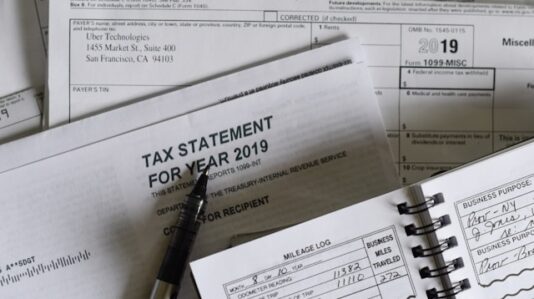The long-established “Business Judgment Rule” serves as a safeguard for directors and officers against liability stemming from decisions made in their corporate capacities. Typically, a court will defer to the judgment of a director or officer as long as their decision was made in good faith and with a degree of care that a reasonably prudent person in a similar position would exercise under similar circumstances. Nevertheless, there are situations in which exceptions to the rule can leave directors and officers susceptible to lawsuits.
Philosophy For The Business Judgement Rule
The Business Judgment Rule is based on the presumption that a director or officer acted appropriately and in their company’s best interests. The rationale behind the rule is to allow these individuals to make business decisions without the fear of unwarranted lawsuits. Courts prefer not to interfere with the internal management of companies and may be ill-equipped to determine the validity of complex corporate decisions.
Common Claims
The Business Judgment Rule is commonly used as a defense in shareholder lawsuits claiming that a director or officer’s decision violated their duty of care to the corporation and caused financial losses or other harm to the company. This can include a variety of situations such as changing a product line or overpaying for a contract. Co-op and condominium board member lawsuits filed by unit owners frequently involve the Business Judgment Rule. Unit owners often dispute board decisions and claim that board members acted improperly.
Burden Of Proof
If the Business Judgment Rule is invoked in a lawsuit against a director or officer, and the court agrees that the protection of the Business Judgment Rule should apply, the burden of proof shifts to the party bringing the lawsuit to demonstrate that the rule does not apply. The Business Judgment Rule does not apply when there is evidence of fraud or bad faith, gross negligence, a conflict of interest, self-dealing, decision-making influenced by discriminatory factors, or actions that exceed the director’s authority under the relevant corporate bylaws.
Reducing The Risk Of Lawsuits
While the Business Judgment Rule can serve as a deterrent against lawsuits, it does not guarantee complete protection. Therefore, companies, directors, and officers should adopt best practices to minimize the risk of litigation, including seeking professional advice from relevant professionals, being honest and transparent in disclosures, documenting decision-making rationale, and obtaining multiple opinions when necessary.
Conclusion
Claims involving the Business Judgment Rule require an in-depth analysis of the actions of a director or officer and are fact-specific. It is recommended to consult with an experienced attorney to assess the claim or defense if you are involved in any of the situations described above.






